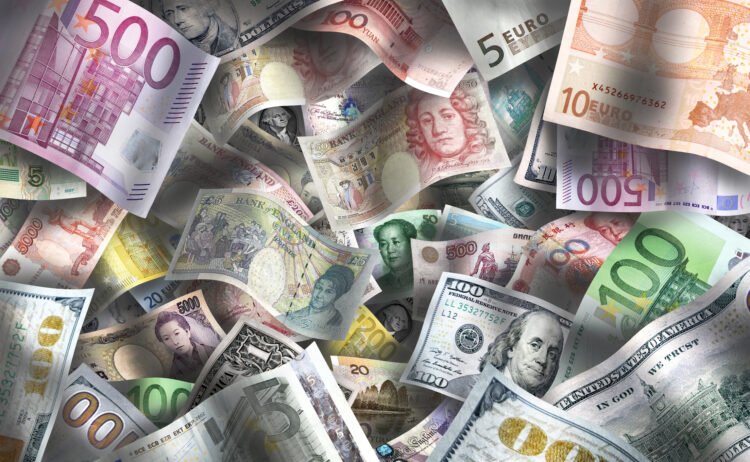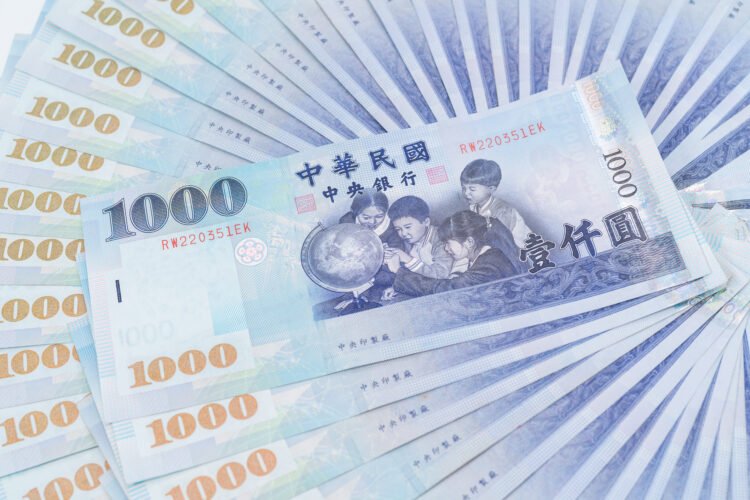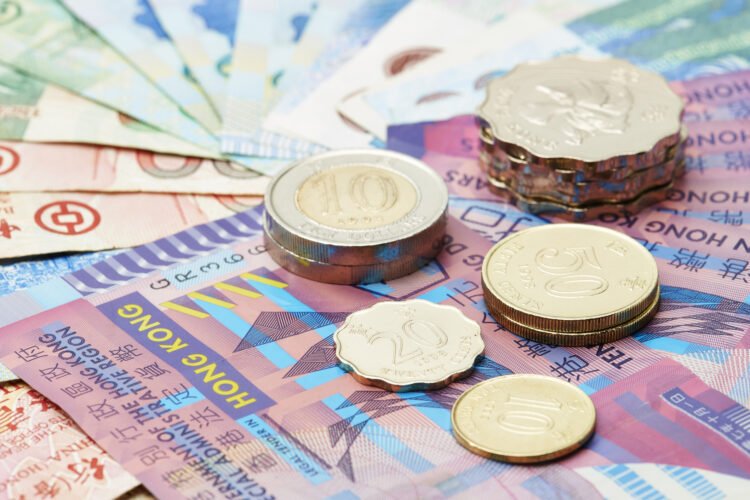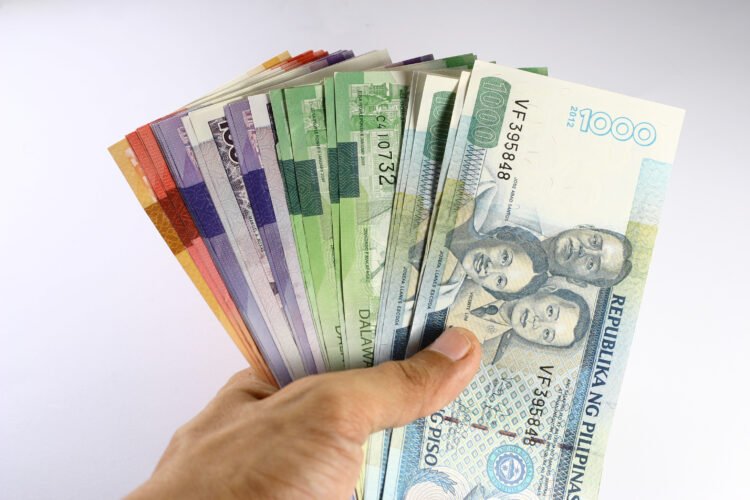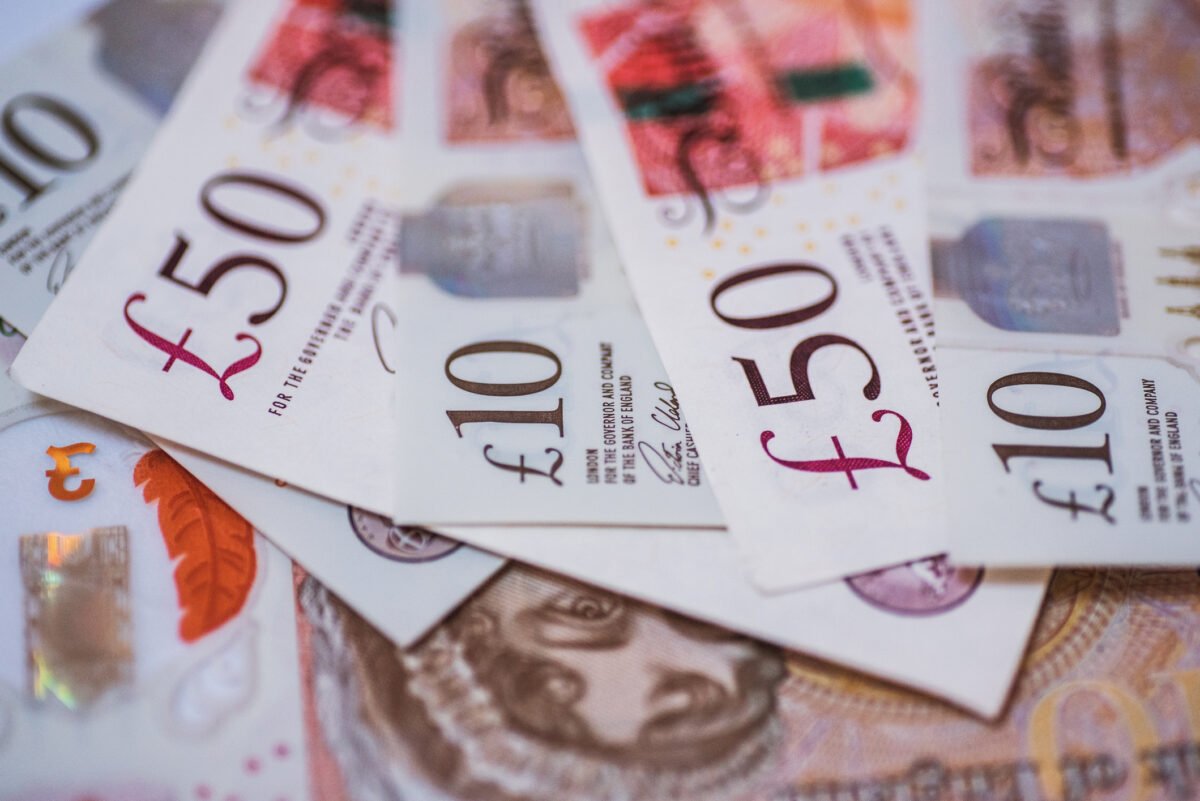
Pound sterling is the currency of the United Kingdom and
nine associated territories. It is also referred to as the British pound or the pound. It
is a fiat currency and is largely used as a means of exchange.
Floating
The floating British pound has had its share of ills since its release in June. To the
credit of the Bank of England, the bank has been able to weather the storm despite a
lack of liquidity to spare. This has not been the case for Australia and New Zealand,
both of which have been tied to the US dollar since 1971. While the UK might not
have the same problems as the Australians, it is still in a state of flux and will likely
continue to be so for some time to come.
The floating pound has certainly relegated the sterling to second class status, but
that does not mean the economy is in tatters. With the exception of the Irish pound,
sterling has enjoyed a relatively stable exchange rate over the past few months.
Although the pound has not seen its best days, it is still well above its long-term
average value of approximately 4.5 per cent.
In order to keep the spigots open, the government has enacted a range of measures
to stabilize prices, including a “Middlesex tax” to help bolster the nation’s coffers, as
well as a number of austerity measures to keep the economy on the road to
recovery. The Heath government has also rolled out a slew of initiatives to combat
the cost of living crisis, ranging from free school meals for children to a cut in the
VAT rate from 20 to 15 percent.
A hefty budget deficit is not a welcome development, but Prime Minister Heath has
been on the ball in recent weeks. His budget for this year is due to be published on
Tuesday. Despite this, it remains to be seen if a more fiscally responsible
government is the only solution to Britain’s economic woes.
The floating pound hasn’t exactly been the sexiest currency in recent memory, but
the bozos in the finance ministry have been resolute in their commitment to
monetary reform. As such, it is conceivable that the next government snares will
include a few changes that would not have occurred had the current government not
bitten the bullet.
Fiat currency
Fiat currency is a medium of exchange that is not backed by a physical asset, such
as gold. Instead, it is issued by a government. However, it is also possible to have
asset bubbles or hyperinflation in a fiat economy. This can result in severe economic
consequences.
In modern times, the gold standard is no longer used as a currency. Instead, many
nations have moved to the use of fiat currencies. These include the U.S. dollar, the
euro, and the British pound.
The value of a fiat currency is based on public faith in the issuer. That is, if the public
is willing to hold and use the money, the currency’s value will be stable.
When a currency becomes worthless, people will be forced to exchange it for
another. This is usually done through a banking system. Each time a transaction is
conducted, a record of the exchange is provided to the buyer.
Historically, the British pound was backed by a certain amount of gold. During the
First World War, metal shortages drove up the price of gold. Once the war ended,
depleted gold reserves made it difficult to return to the gold standard.
During the Great Depression, the United Kingdom was forced to abandon the gold
standard. As a result, the pound lost 99% of its value.
While some believe that fiat currencies are the best form of currency, others think
that they give too much power to national governments. Although they are
sometimes used in emergencies, such as during a recession, they have also had
serious economic consequences.
In order to avoid inflation, a central bank can limit the number of currencies in
circulation. At the same time, overprinting can cause a currency to devalue rapidly.
It is possible for a fiat currency to lose all its value, which can lead to economic
catastrophes.
Many economists are against the use of fiat currency. They believe that the
government can overprint too much money, which can lead to an asset bubble.
In addition to allowing the government to increase spending and support debt
markets, fiat money can also be used to prevent inflation. This is often done in order
to stimulate growth during a recession. Nevertheless, irresponsible monetary
policies can also result in hyperinflation, which can have devastating economic
consequences.
Units of account
Units of account are a great way to measure the relative value of economic objects.
The dollar is often cited as the standard unit of account, though the Euro is also
common. In other words, the unit of account can be used to make a comparison of
different unrelated commodities, like housing prices in the UK.
A unit of account is also a currency. In the UK, for example, pounds are usually
referred to as the British pound, while the US dollar is called the American pound.
Historically, British colonies used sterling as their own currency. However, sterling
has been a fiat currency since 1931.
In addition to the pound, there are many other currencies in the world. Some of
them are unregulated and not controlled by the Bank of England. Others, like the
Manx pound and the Jersey pound, are maintained at a fixed exchange rate by
governments.
There are also units of account that aren’t. For example, the unit of account for
calculating the cost of shoes has nothing to do with the amount of shoe leather
required, but rather, the cost of buying the shoe itself. This is probably the most
important function of money.
The unit of account is not only used to measure and compare the relative worth of
different goods and services, but also to record and calculate liabilities and losses. It
also enables investors to compare the value of their stock portfolio with the value of
their assets.
Having a well-defined unit of account is important because it facilitates trade
between groups. Additionally, it allows sellers to set a sale price that covers their
production costs. Using this system can also improve the efficiency of business.
Of course, it isn’t always easy to determine the unit of account for your particular
situation. Luckily, there is a wide array of online calculators and other tools available
to make it easier. While the Units of Account aren’t the only monetary units in the
world, they are among the most common. Using them correctly can save you money
and confusion.
Other units of account to be aware of include the British Overseas pound, which is a
fixed one-to-one exchange rate with the British pound, the Falkland Islands pound,
and the Saint Helena pound.
Meaning of the name
The British Pound is the oldest currency in use. It is also the world’s most widely
traded currency. However, it has had a troubled history. During the 18th century, it
grew in financial strength.
Historically, the pound was used in colonies such as Australia and New Zealand.
Before decimalisation in 1971, it was worth 2.4 pre-decimal pence. Since then, it has
been a fiat currency. This means that it is not regulated by the Bank of England.
Today, the pound is the fourth most traded currency in the foreign exchange market.
It is also the official currency of the United Kingdom, Britain’s Overseas Territories,
and several former Spanish colonies.
The name of the pound comes from the Latin word “libra”, meaning weight or
balance. In early years, the pound was a complex system of shillings and pennies.
One shilling was equivalent to 12 pennies, and one quid was equivalent to 240
pennies.
After a number of financial crises in 1774-1797, the pound sterling was a stable unit.
It continued to be so through the Second World War.
The pound is a symbol of British nationalism. The pound sterling is also a widely
used currency in financial services and tourism. But it is not accepted as payment
for goods or services the same way as a dollar is.
Although the pound has lost ground against the U.S. dollar in recent years, it has
maintained its value against other countries such as France, Belgium and
Switzerland. For instance, in September 1949, the British pound fell to its lowest
level in nearly 30 years. That was due to the fact that the British government
devalued it by 30 percent.
Despite this, the pound is still a popular currency. It is often used by U.S. media and
is considered to be stronger than the U.S. dollar.
The Bank of England is the central bank for sterling, and has been issuing pound
banknotes for over 300 years. There are also notes issued by other jurisdictions, but
they are not regulated by the Bank of England.
Despite its turbulent history, the pound has weathered financial crises and is now a
popular currency in many parts of the world

